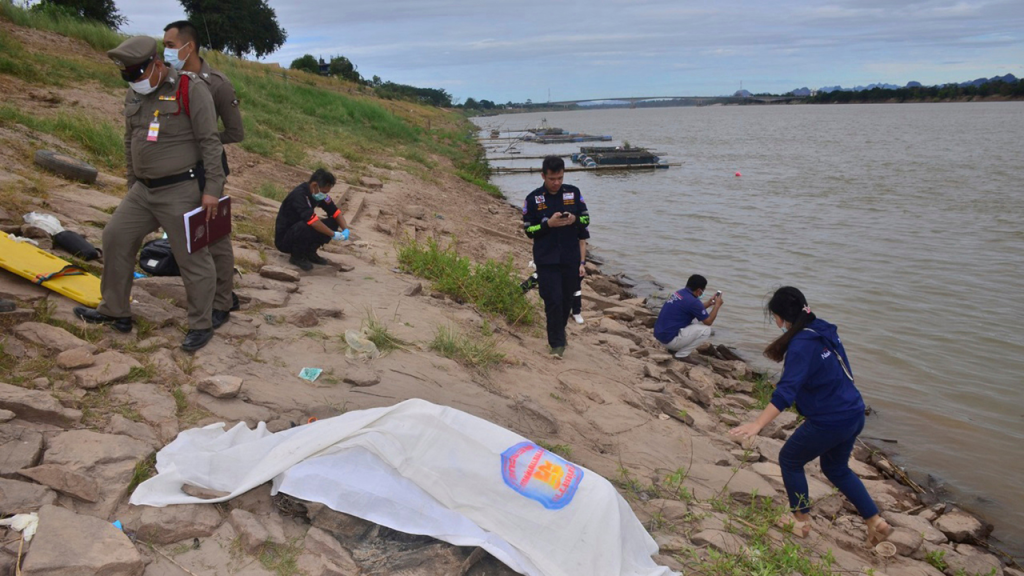Human Rights Watch has called on Thailand to stop sending dissidents back to dangerous countries, claiming the Thai government is violating international law. The report highlighted cases of Thai authorities deporting dissidents waiting to be resettled, particularly Cambodians. The organization accused Thailand of collaborating with neighboring countries to spy on dissidents and track them down.
The report, titled “We Thought We Were Safe,” documented 25 cases that occurred in Thailand between 2014 and 2023. It revealed instances of Cambodian dissidents forcibly returned with the help of Cambodian security forces, as well as dissidents from Vietnam, Laos, and China being abducted, disappeared, or killed. The report also detailed a practice where foreign dissidents were traded for critics of the Thai government living abroad, known as a “swap mart” arrangement.
Human Rights Watch urged the Thai government to investigate allegations of harassment, surveillance, and forced returns of asylum seekers and refugees in the country. The organization called on the Srettha administration to end these practices and distinguish itself from the previous military-led government that ruled for 10 years after a coup in 2024. The Thai government’s bid for a seat on the U.N. Human Rights Council was highlighted as a responsibility to protect human rights.
The report mentioned nine cases of Thai activists in Laos and Cambodia who disappeared or died under mysterious circumstances. The bodies of two missing activists were found in the Mekong River in 2018, while a Thai activist, Wanchalearm Satsaksit, was abducted in Phnom Penh in 2020 and never seen again. Thai authorities have denied any involvement in these events, but Human Rights Watch and other experts have drawn comparisons to autocratic governments in Latin America that formed agreements to eliminate political opponents on each other’s soil.
Dr. Francesca Lessa, an associate professor at University College London, noted parallels between the actions of autocratic governments in Latin America in the late 1970s and 1980s and the actions of governments like Thailand collaborating to suppress dissent. Regardless of political ideology, these governments view opposition as a threat to their power and seek to eliminate it by any means necessary. The report’s findings shed light on the challenges faced by dissidents in Thailand and neighboring countries, and the need for governments to uphold international human rights standards.


